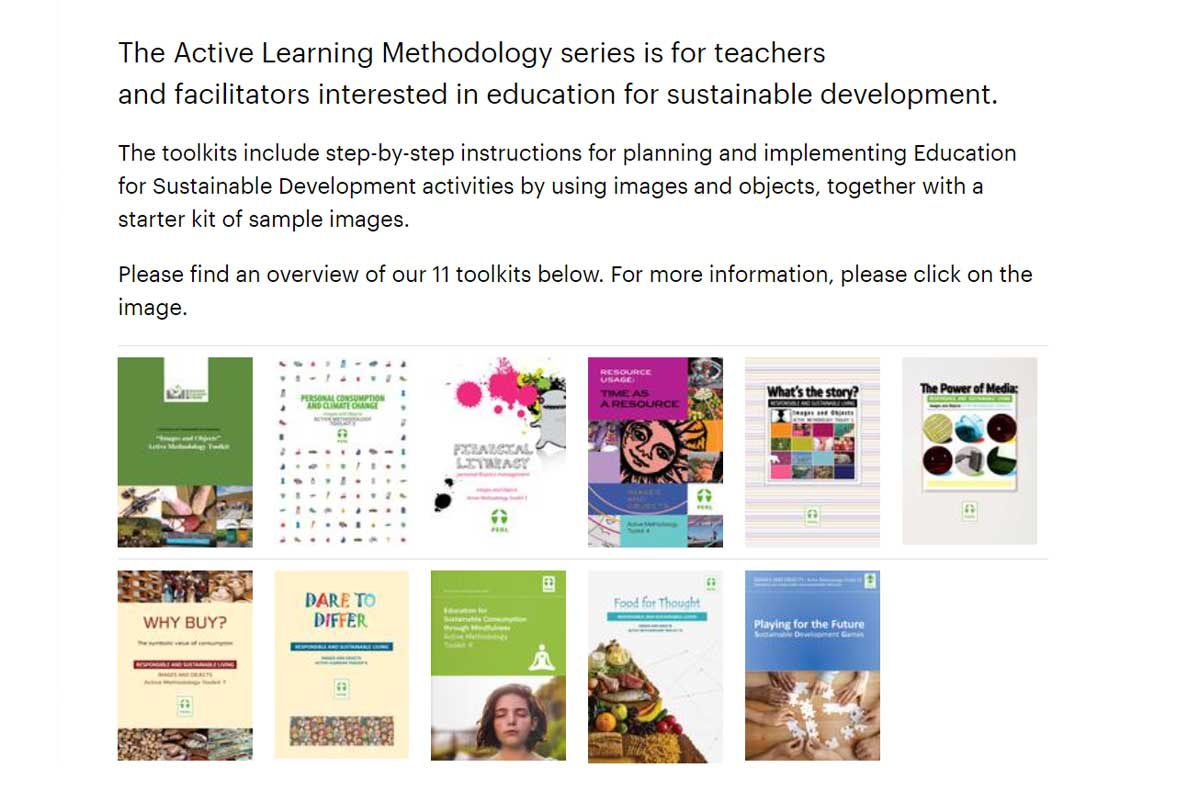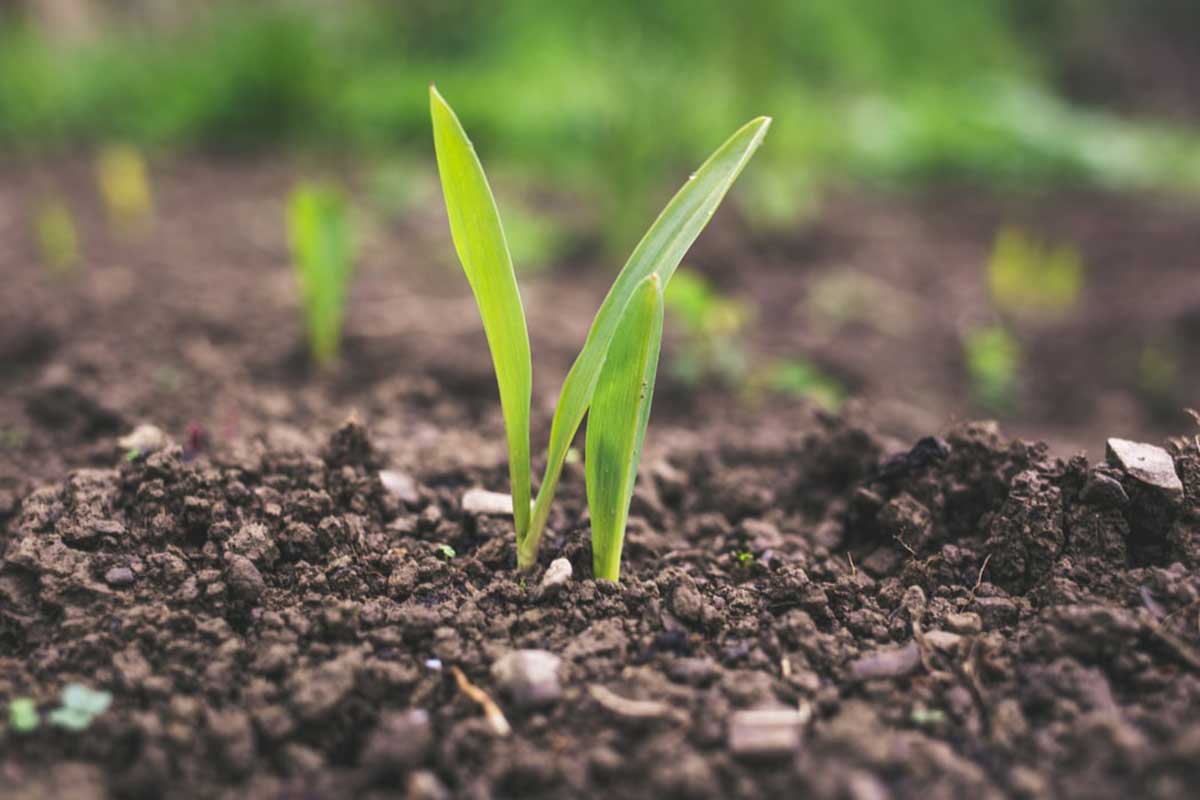
This toolkit includes both a menu of indicators and examples of activities ready to use. It can be used directly by student groups.

This toolkit includes both a menu of indicators and examples of activities ready to use. It can be used directly by student groups.

Part of an Active Methodology Images and Objects series and aims to help learners gain knowledge and understanding of the concepts of personal finance and the various terms related to the theme. It further helps learners apply their newly gained knowledge in an integrated manner in order to make responsible choices and take action for their own benefit and the benefit of others.

Part of an Active Methodology Images and Objects series and is focussed on engaging learners in active and creative exploration of the Sustainable Development Goals (SDGs) through playful learning and games.

The activities within the biodiversity toolkit provide students with an understanding of the importance of nature and how all living things are connected.

Teach young learners about elephants, the threats they face, and what we can do to protect them and other wildlife.

The sea turtle toolkit provides a resource guide and six activities around this iconic species, the threats they face, and what we can do to protect sea turtles for generations to come.

The tiger toolkit provides a resource guide and six activities around this iconic species, the threats they face, and what we can do to protect tigers for generations to come.

Part of an Active Methodology Images and Objects series and aims to strengthen learners’ ability to deal with socio-scientific issues (SSIs) and Grand Challenges (i.e., urgent global problems) which relate directly to the pursuit of sustainable development.

Part of an Active Methodology Images and Objects series and focuses on historical reflection, self-analysis, and comparison of examples as key learning strategies, to help explore themes related to responsible living and sustainable development. The toolkit encourages communication between students and elders in their families or communities.
Recent Comments